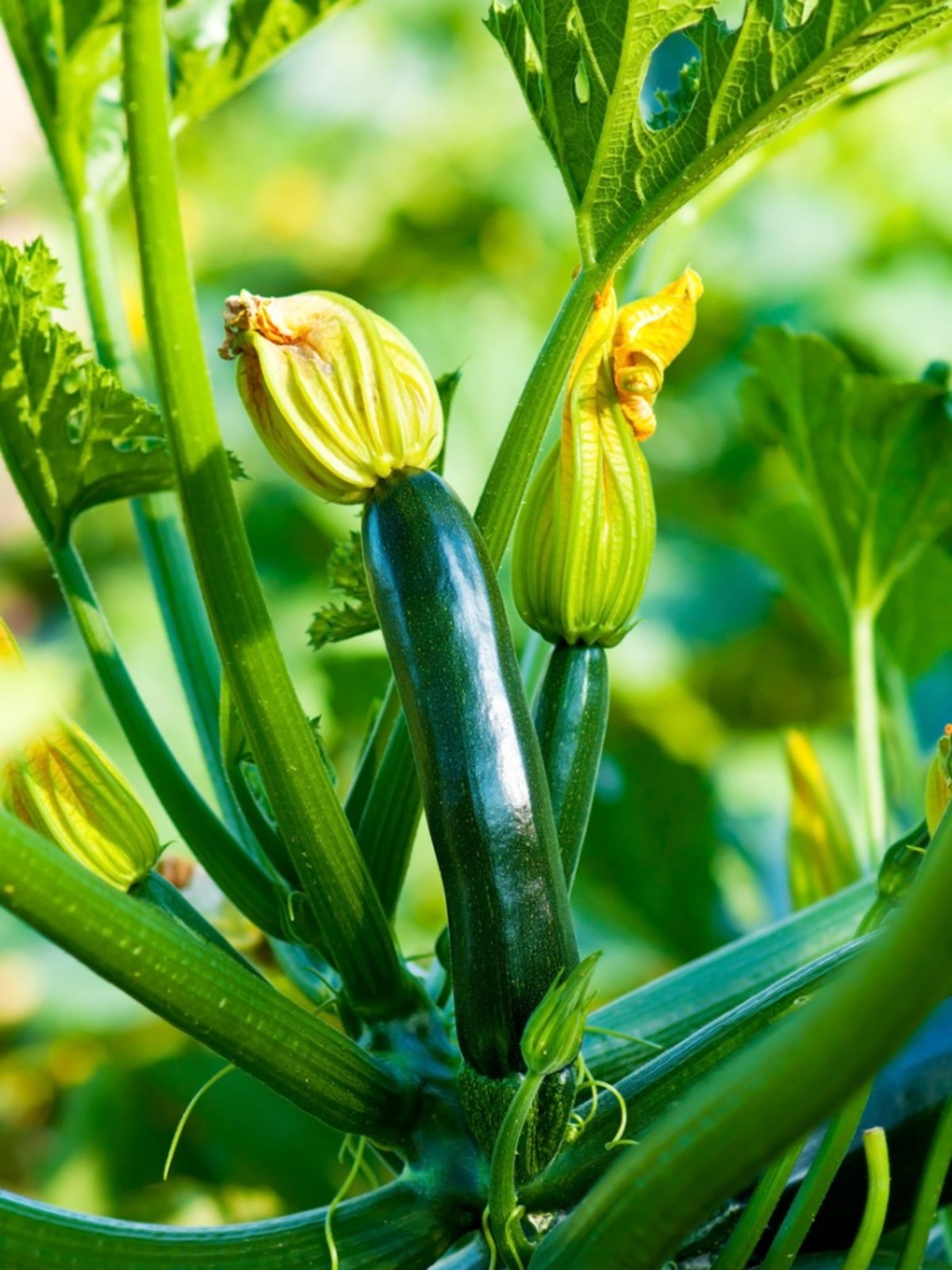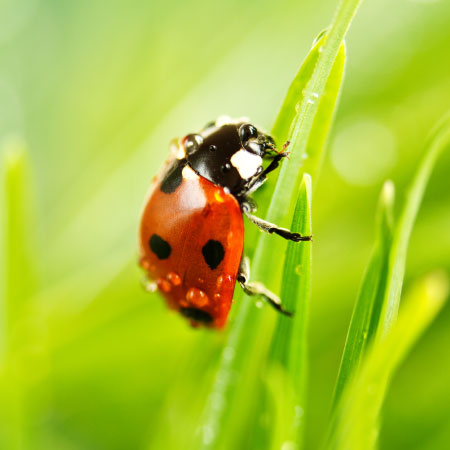Hollow Zucchini Squash: What Causes Hollow Zucchini Fruit


Zucchini plants are both beloved and loathed by gardeners everywhere, and often at the same time. These summer squashes are great for tight spaces because they produce abundantly, but it's that abundant production that earns them such ire. Unfortunately for some growers, zucchini squash problems, like hollowed out zucchini, can make a bountiful harvest hard to give away to hapless passers-by. When your zucchini fruit is hollow, they're weird looking but safe to eat (although hollow fruits may be hard to get rid of). Read on to learn how to avoid this problem in the future.
What Causes Hollow Zucchini?
The fruit of the zucchini is an overgrown, fleshy ovary designed to protect the seeds and encourage animals to carry them far and wide. When zucchinis are hollow, it's usually because the seeds didn't get properly pollinated or aborted soon after the fruits began to form. There are a number of environmental causes for hollow zucchini squash, many which are easily correctable. As long as you catch the problem while some flowers are still on the vine, you should get some normal fruit during the growing season. Early fruits are frequently troubled with hollowed out centers, since conditions may not be right for pollination even though flowers are present. Lots of wet weather discourages pollinators and hot, dry conditions cause pollen to dry out and die. You can help by increasing watering to raise humidity around the plant, then hand pollinating flowers. Another common cause of hollowed fruits is irregular watering. Fruits with proper pollination may still experience some hollowing in the center if water has been erratic, causing some parts of the fruit to grow faster than others-- effectively tearing the center tissues apart. If your squash plants aren't mulched, you may want to consider adding 2 to 4 inches (5-10 cm.) around the plant and across the root zone to help hold water. Watering on a schedule might not hurt either. A less common cause of hollow zucchini is a lack of environmental boron. Boron is an immobile nutrient in plants, which means that it's hard to move around once inside the tissues. It helps plants build cell walls, and in areas of rapid development, like growing fruits, it's crucial to proper growth. Without a continuous supply of boron, plants are unable to provide these quickly expanding areas with the building blocks they need, resulting in aborted seeds. Before adding boron, perform a soil test to ensure that your plant needs this micronutrient, then add borax, solubor, or a soluble trace element mix according to package directions.
Sign up for the Gardening Know How newsletter today and receive a free copy of our e-book "How to Grow Delicious Tomatoes".

Kristi Waterworth was a regular contributor to Gardening Know How for many years, answering countless queries on plant pests and diseases.